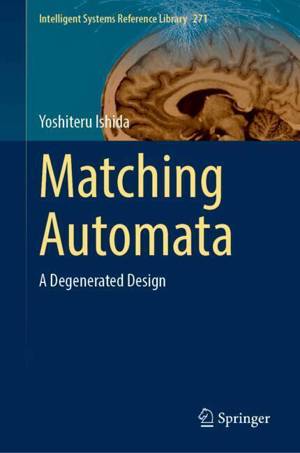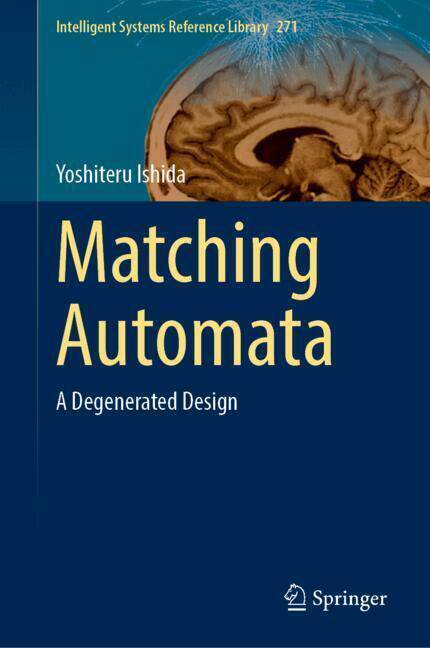
- Afhalen na 1 uur in een winkel met voorraad
- Gratis thuislevering in België vanaf € 30
- Ruim aanbod met 7 miljoen producten
- Afhalen na 1 uur in een winkel met voorraad
- Gratis thuislevering in België vanaf € 30
- Ruim aanbod met 7 miljoen producten
Omschrijving
What does the future of AI hold-a supportive partner or a rival with its own illusion of self? This book explores this critical question by introducing degenerated design, a groundbreaking framework for creating resilient, adaptive systems inspired by natural processes like immunity and collective intelligence. Rejecting traditional optimization-focused AI paradigms, this approach embraces imperfection and diversity as essential for building intelligent systems that thrive in dynamic environments. Spanning industries such as robotics, automotive, biotechnology, quantum computing, and space exploration, the book also ventures into the cognitive dimensions of AI. Inspired by human sensory systems, it proposes a two-sided model, possibly extendable to that of consciousness, exploring the interplay between passive automata and active intentional agents. It delves into the origins and illusions of self-consciousness, examining its survival merits and dangers in both biological and artificial contexts. A must-read for system designers, CEOs, and AI researchers, this book also challenges academics and students to rethink the future of generative AI and antiAI systems. This book is both a technical blueprint and a philosophical exploration of AI's potential to liberate or confront humanity. The future of human AI coexistence starts here.
Specificaties
Betrokkenen
- Auteur(s):
- Uitgeverij:
Inhoud
- Aantal bladzijden:
- 200
- Taal:
- Engels
- Reeks:
- Reeksnummer:
- nr. 271
Eigenschappen
- Productcode (EAN):
- 9783031856037
- Verschijningsdatum:
- 5/06/2025
- Uitvoering:
- Hardcover
- Formaat:
- Genaaid
- Afmetingen:
- 155 mm x 235 mm

Alleen bij Standaard Boekhandel
Beoordelingen
We publiceren alleen reviews die voldoen aan de voorwaarden voor reviews. Bekijk onze voorwaarden voor reviews.











